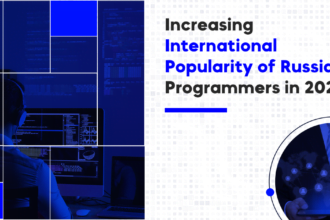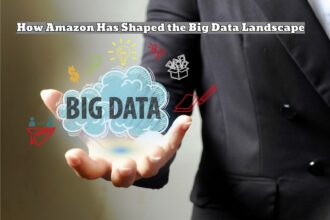‘Freemium’ I’m learning, is not to be trusted. For those who haven’t read Chris Anderson’s book, Free, or been briefed on thousands of Internet business plans over the past five years, Freemium involves luring masses of users to free services, and then enticing them to pay for ‘premium’ services. Google docs, Flickr, Skype, Ning, they all run on Freemium–or used to.
Now I’m seeing, Freemium is risky. Companies can lure you in, lead you to entrust them with writings, photos, entire networks of friends and colleagues, and then they can coerce you into paying for it–or losing it all.
I encountered this risk a couple weeks ago when I went to Flickr, Yahoo’s photo site. Here’s what I saw…
‘Freemium’ I’m learning, is not to be trusted. For those who haven’t read Chris Anderson’s book, Free, or been briefed on thousands of Internet business plans over the past five years, Freemium involves luring masses of users to free services, and then enticing them to pay for ‘premium’ services. Google docs, Flickr, Skype, Ning, they all run on Freemium–or used to.
Now I’m seeing, Freemium is risky. Companies can lure you in, lead you to entrust them with writings, photos, entire networks of friends and colleagues, and then they can coerce you into paying for it–or losing it all.
I encountered this risk a couple weeks ago when I went to Flickr, Yahoo’s photo site. Here’s what I saw:
Hey sbaker8380! About your photostream… You have 192 photos stored on Flickr. Once you hit 200, you’ll need to upgrade to a Flickr Pro account or you’ll only be able to see your most recent 200 photos. Nothing will be deleted, and if you upgrade, you’ll have unlimited space for all your things. Perhaps you’d like to upgrade to Pro now? |
I’ve been posting on Flickr sporatically since before Yahoo bought it in 2005. This new threat means that every time I add an image from 2010, I’ll lose access to one, starting with the photos I uploaded from Paris. (Hold the tears: I still have those pics on my computer. But I put them online to have access to them everywhere, and to protect against hard-disk crashes.) In any case, I promptly paid Google for 20 gigs of storage and uploaded hundreds of photos to its Picasa service. (What do I do if Google quintuples its fees next year? That’s one of the risks, and conundrums, of entrusting data to cloud services.)
Now I see that Ning, the ‘free’ social network service, will be coercing its free users to migrate to paid services. This one really irks me. Last summer, when BusinessWeek was put up for sale, I launched an invitation-only Ning network for BW staffers, past and present. It has attracted hundreds of members and continues to serve as a meeting place for our scattered ranks. We congregated there with the understanding that the service was free. And now that we’re established, we’re getting hit up.
This seems unethical to me (and to Shel Holtz). The right thing to do would be to respect promises made, grandfather in free services, and to start charging for all new services today. But extortion, clearly, is much more effective. The problem is this: Once companies resort to these tactics, how can we trust them? Who’s to say they won’t jack up the rates with similar threats a year or two from now?







